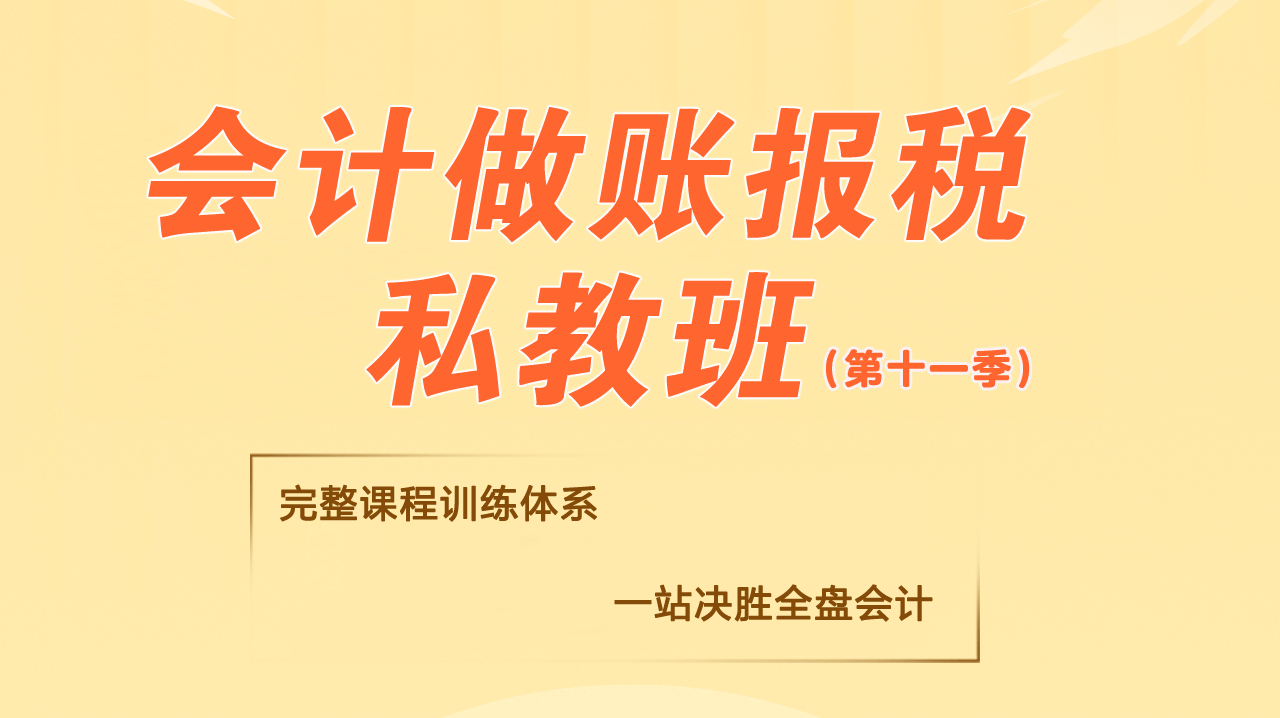中国投行市场僧多粥少(双语)
Goldman Sachs, the investment bank, began courting the Agricultural Bank of China five years ago in the hope of winning the mandate to help the large state bank go public last July, bringing over senior executives from New York and Hong Kong to woo AgBank officials.
投资银行高盛(Goldman Sachs)为了在中国农业银行(Agricultural Bank of China)去年7月上市时赢得承销商授权,五年前就开始对农行展开追逐,常驻纽约和香港的高管纷纷赶来与农行官员接触。
“How much does it cost to bring [Goldman Sachs chief executive] Lloyd Blankfein to Beijing?” asks the head of one of the bank’s competitors rhetorically. “That is why you can never quantify the fees versus the costs of doing business in China. So much goes into winning deals that you are never reimbursed for. You can’t be too granular about the costs versus the benefits.”
“把(高盛CEO)劳尔德?贝兰克梵(Lloyd Blankfein)请到北京得花多少钱呀?”一家竞争对手的负责人设问。“所以说,在中国做生意的佣金与成本都是不能量化的。要想赢得生意就要作出很多不可能收回的投入,对于成本与收益不能计较得太细致。”
Chinese equity fees now account for up to 40-50 per cent of all Asia-Pacific fees. But a growing list of banks competing for the business, Chinese leverage in browbeating banks to cut their prices, and the expense of recruiting and keeping China bankers mean that the profitability of doing business there will remain under pressure.
中国股本相关业务的佣金现在占亚太地区总佣金的40%到50%。然而由于参与业务竞争的银行越来越多、中国企业迫使银行压低价格、招募和保留中国银行家也需要成本,因此这块业务的盈利能力会继续承受压力。
“Fees are never as good as they are in Europe or the US,” says the head of mergers and acquisitions for one international bank in Hong Kong.
一家国际银行在香港的并购主管说:“佣金从来没有欧洲或美国那么高。”
Certainly, the data providers offer a positive picture. “China market fees are growing rapidly,” notes Thomson Reuters. “They have increased to 7 per cent of the global fee pool in 2010, up from 1 per cent in 2005. Total market fees were $5.8bn.”
当然,数据提供商展现的图景颇为积极。“中国市场的佣金快速增长,”汤森路透(Thomson Reuters)称。“占全球佣金总额的比例已从2005年的1%,提高至2010年的7%。市场佣金总额58亿美元。”
However, those fees are being swallowed up by an ever-growing list of banks. While consolidation is the big theme in the financial markets of New York and London, in China the number of banks competing for a role especially in capital markets deals grows ever larger and the competition more intense.
然而这些收入在被越来越多的银行瓜分。在整合在纽约和伦敦成为金融市场的一大主题之际,在中国,参与竞争资本市场交易的银行越来越多,竞争也越来越激烈。
That is true both internationally and locally, and more and more of those fees are going to China. Indeed, the country’s banks last year received 66 per cent of the total fees, while 13 of the top 20 banks doing business in the country today are Chinese, according to Thomson Reuters. Some, such as CICC, are experienced players. But others, such as the securities arms of the banks, get deals because of their more powerful parents.
无论在国际还是国内层面都是如此,而且越来越多的佣金流向中国机构。的确,汤森路透数据显示,去年总佣金收入的66%流向中资银行,而目前在中国经营的规模最大的20家银行中有13家是中资银行。其中一些有丰富的经验,如中金公司(CICC),而另一些机构(如银行的证券部门)赢得业务靠的是更为强大的母公司。
Thus among those whose names appeared in the underwriting group for Agricultural Bank of China’s global offer was (of course) ABC International, the securities arm of AgBank, while ICBC International was part of the AIA Group listing. Unsurprisingly, the fees for AIA, the insurer, were far more lucrative than for AgBank, bankers add, precisely because of Chinese browbeating on fees.
因此,农行的证券业务部门——农银国际(ABC International)的名字当然就出现在农银全球IPO的承销团当中,而工银国际(ICBC International)参与了友邦保险(AIA Group)的上市。并不意外的是,据银行家们介绍,友邦保险的佣金远比农行更为丰厚,原因正是中国压低佣金。
Moreover, the cost of the country’s bankers remains high, and competition for the best is intense. In the US, an experienced mergers banker has 20 years of experience, compared with about five years in China. But private equity and the growing number of banks doing business in China are all competing for the best talent, leading to the phenomenon of “serial traders” who constantly auction themselves off to the highest bidder.
除此之外,中国银行业的人才成本仍然很高,争夺最能干银行家的竞争很激烈。在美国,经验丰富的并购银行家会有20多年从业经验,而在中国大约只有5年。然而在中国经营的银行越来越多,他们和私募基金一起争夺最好的人才,甚至出现了一种不断把自己拍卖给出价最高的银行的“连环跳”现象。
This year, the volume of capital raising continues to be strong. Core investment banking revenues in China climbed to almost $1bn for the year to mid-March, which is the highest to date, with two-thirds of that coming from equity capital markets activity.
今年,资本融资总量继续保持强劲。核心投行业务在中国的收入到3月中旬几乎已经攀升至10亿美元,是迄今为止的最高水平,其中三分之二来自股票资本市场活动。
But bankers say that to generalise about deal fees remains perilous. The entire structure is opaque and the data are often unreliable. Neither the bankers who win the mandates nor their clients disclose the fees, while both those involved and those who lost out have a vested interest in distorting the true figure. Many denounce competitors for allegedly slashing fees, although when a deal is deemed strategic, virtually every firm will reduce the rate.
不过银行业者表示,对交易佣金进行概括仍然十分危险。佣金的整体结构不透明,而且数据经常并不可靠。无论是赢得业务的银行还是客户,都不会透露佣金金额。况且无论是否赢得业务,各银行都有扭曲数字的动机。许多投行会谴责竞争对手据称削减佣金的行为,然而如果认为某一单交易具有战略意义,几乎每一家都会降低费用。
In any case, fees for equity raisings are far more lucrative for the numerous Chinese bankers who have been recruited and cosseted by the big international banks in Hong Kong, Shanghai and Beijing than fees for M&A. Indeed, one banker estimates that if the Chinese bankers were forced to live by M&A fees alone, they would all shrink their teams by 75 per cent.
无论如何,对位于香港、上海和北京的大型跨国银行高薪招募的大量中国银行家来说,股本集资业务的佣金收入远比并购更优厚。的确,一位银行家估计,如果中国银行家被迫仅靠并购费用为生,所有的团队都要把规模缩减75%。
Chinese cross-border acquisitions are also up this year, although the deals still lag behind 2008, the record year. But while China-related merger deals increase every year, arguably the glass remains more half empty than half full.
中国的跨国收购今年也出现增长,不过交易规模仍落后于达到最高纪录的2008年水平。虽然中国相关的并购交易每年都会上升,但是仍然可以说杯子是半空的,而不是半满的。
“If you have a company to sell and a potential Chinese buyer, it doesn’t always work,” says the head of M&A for one big US bank in Hong Kong. “It is disappointing how often the Chinese don’t deliver.”
“如果你想出售一家公司,同时有一个中国潜在买家,交易并不总能成功,”一家美国大银行在香港的并购业务负责人表示。“中国方面经常不履行承诺,让人失望。”
Perhaps the most striking thing about M&A in China is how many deals that are expected to happen ultimately do not take place, making the process frustrating and the pay-out at the end questionable.
中国并购最引人注目的事实可能是,许多预期能够敲定的交易最终不了了之,使整个过程充满挫败感,最终收费也成问题。
Take Bright Food, an ambitious Chinese conglomerate whose name has been linked with GNC, the US vitamin and nutritional food maker, the UK’s United Biscuits and most recently Yoplait, the yoghurt maker jointly owned by France’s PAI and a French co-operative. While the fate of this last potential deal has not yet been resolved, the two former flirtations never led to marriage, leaving many bankers to conclude that this is a nation whose companies “are not ready for prime time”, as one China lawyer notes.
以光明食品(Bright Food)为例。这家雄心远大的中国企业集团曾与多家外国公司有过并购传闻,包括美国维生素和营养品制造商GNC、英国联合饼干公司(United Biscuits),以及最近的法国酸奶制造商Yoplait。Yoplait由法国PAI和一家法国农业合作社共同拥有。虽然这最后一笔潜在交易的命运还没有确定,但前两次试探都未能修成正果。按一位中国律师的说法,这让许多银行家得出结论认为,中国企业“还没有为黄金时间做好准备”。
The GNC deal made a lot of sense for Bright Food, given Chinese people’s predilection for health foods and herbs. Ultimately, though, it fell apart on disagreements including pricing and funding uncertainties, according to people familiar with the matter. But from the beginning it was never clear whether the deal had the support of Beijing, which is often essential.
鉴于中国人对保健食品和草药的偏爱,光明食品并购GNC显得十分合理,然而最终还是不了了之。据知情人士透露,原因是对报价和不确定的筹资方式存在分歧。不过从一开始就不清楚这笔交易是否得到北京方面的支持,而这一点经常十分重要。
Meanwhile, Bright Food’s interest in United Biscuits made little sense, according to bankers.
与此同时,银行业者表示,光明食品对联合饼干的兴趣几乎毫无道理。
“They were considered the preferred bidders on United Biscuits but it was hard to figure out why they wanted it, apart from ego,” says one banker. “It wasn’t clear why they wanted to buy a European brand and operations with nothing in Asia. It wasn’t clear how they would manage it and whether it would even appeal to the Chinese.”
“他们被视为联合饼干的优先竞购者,不过很难搞懂除了虚荣之外,他们收购联合饼干还能有什么原因,”一位银行业者评价。“不清楚为什么他们要收购在亚洲一无所有的欧洲品牌和企业,也不清楚他们会怎样管理,甚至中国人会不会喜欢。”
Resistance to paying fees continues to remain strong. “It is only when bankers create a deal or when a deal is outside their comfort zone that they will pay,” says one Hong Kong-based lawyer.
不愿支付佣金的心理仍然很强。一位驻在香港的律师表示:“只有当一桩交易是银行创造出的,或这笔交易超出了他们熟悉的范畴,他们才愿意付钱。”
International bankers spend much of their time trying to train their Chinese clients to understand the difference between what is value-added advice and what is not. But it is not clear whether the foreign bankers will be the ultimate beneficiaries or if their Chinese counterparts will reap the rewards.
跨国银行家们花费大量的时间,试图让中国客户理解有价值的建议和没有价值的建议之间有何区别。然而并不清楚最终受益者会是外国银行家,还是他们的中国同行。



